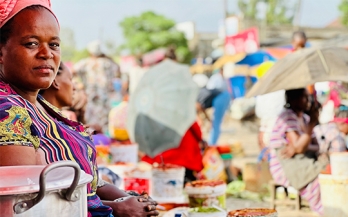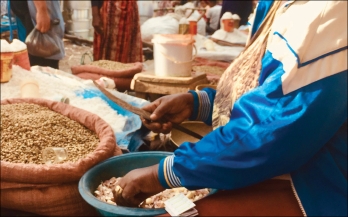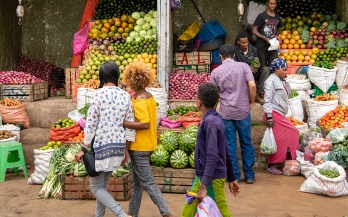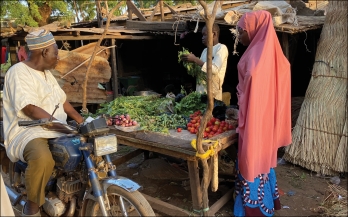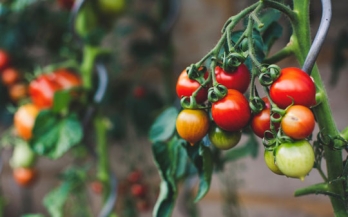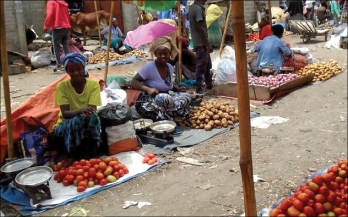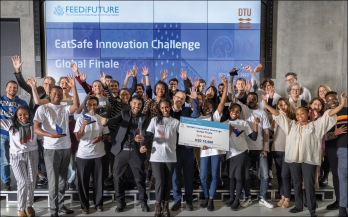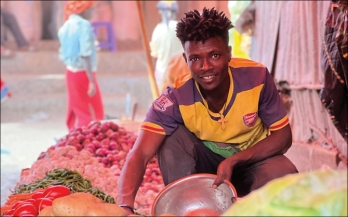Read our eleventh story in the series on The Food Crisis: What's Happening, a collection of work on the current events and the impact communities are seeing on a global scale.
The Food Crisis is affecting everyone socially, economically and nutritionally. Stella Nordhagen, Genet Gebremedhin, and Smret Hagos write about the pressure market vendors in Hawassa, Ethiopia are facing.
As elaborated in a GAIN evidence brief, poor-quality diets and insufficient food quantity are linked to reduced work capacity. This suggests that the malnutrition burden can be partly addressed through a win-win-win approach which improves individual lives, business outcomes, and national economies.
EatSafe conducted a focused ethnographic study to examine perceptions, knowledge, and experience related to food safety among consumers and traditional food market vendors Hawassa, Ethiopia.
Read our eighth story in the series on The Food Crisis: What's Happening, a collection of work on the current events and the impact communities are seeing on a global scale. The Food Crisis is affecting everyone socially, economically and nutritionally. Aster Zewdie, Senior Policy Advisor at GAIN Ethiopia, discusses the wide reaching ripple effect the economic crisis will have on Ethiopia, affecting the most vulnerable in society, and what actions need immediate attention.
To understand knowledge, attitudes, and practices related to food safety behaviors, EatSafe surveyed 300 consumers and vendors in Hawassa, Ethiopia, as well as structured observations of vendor behaviors.
Despite having more than 10 million dairy cows in Ethiopia, milk productivity and consumption is very low, on average below 2 litres per cow. In 2017, the GAIN Access to Better Dairy partnership was established and supported by Danida. Partners committed to help improve diets of children and mothers, as well as the livelihoods of smallholder farmers, by developing affordable, safe, and nutritious dairy solutions that appeal to children.
In 2018, GAIN expanded its Postharvest Loss Alliance for Nutrition (PLAN) program to Ethiopia with a focus on reducing loss of tomatoes. Working with local stakeholders, PLAN Ethiopia was designed with two key components.
EatSafe conducted three data collection activities, including interviews, observations, and a randomized experiment, to understand consumers’ and vendors’ food safety knowledge, attitudes, and practices in Hawassa, Ethiopia.
After receiving 750 applications from Nigeria and Ethiopia, one winner emerged from the Grand Finale of EatSafe's Innovation Challenge.
EatSafe conducted a Story Sourcing activity, or the semi-formal process that uses journalistic techniques to gather stories directly from the audience of interest, to gather stories from traditional food market vendors and consumers in Hawassa, Ethiopia.
